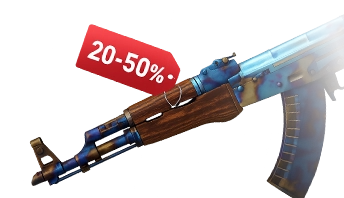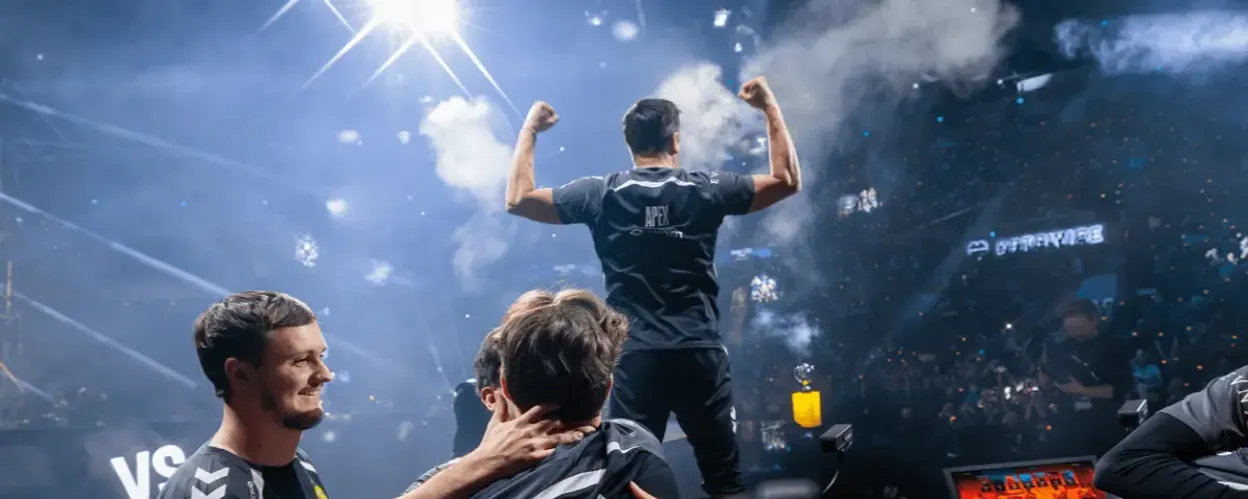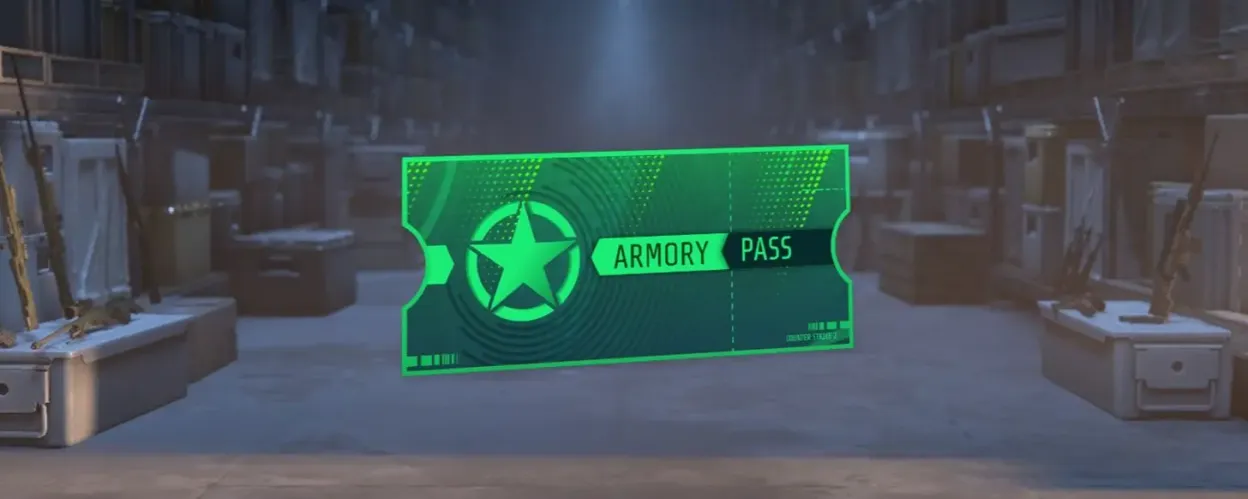- Home
- Categories
What’s Your Weapon of Choice?
-
Primary Weapons
-
Secondary & Style
Top-Tier Skins. Low-Tier Prices.
Loot the Discounts Loot the Discounts -
- Shop
- Hot Sale
- About Us
- FAQ’s
- Contact Us
Valve is working hard to fix the bugs in Counter-Strike 2, improving aspects like picks and hitboxes. However, one big problem remains: cheaters. Many players believe that cheaters are everywhere and rarely get banned, regardless of whether they use free or paid cheats. This makes you wonder if Valve Anti-Cheat (VAC) is doing enough to combat cheaters. Let’s look at why VAC can still be a strong anti-cheat system and what’s going on with cheating in CS2.
Why are people unhappy?
Players are upset because they feel that Valve is not doing enough to combat cheaters. Some believe that Valve should fire the VAC team or create a system to block cheating software, like Faceit does. There are even rumors that some players use special devices to cheat and win big online tournaments. Others argue that platforms like Faceit or EASY AC do not fully solve the problem – they may just allow cheaters to compete with impunity. So, what is Valve’s plan? Perhaps they know more about cheating than we think?
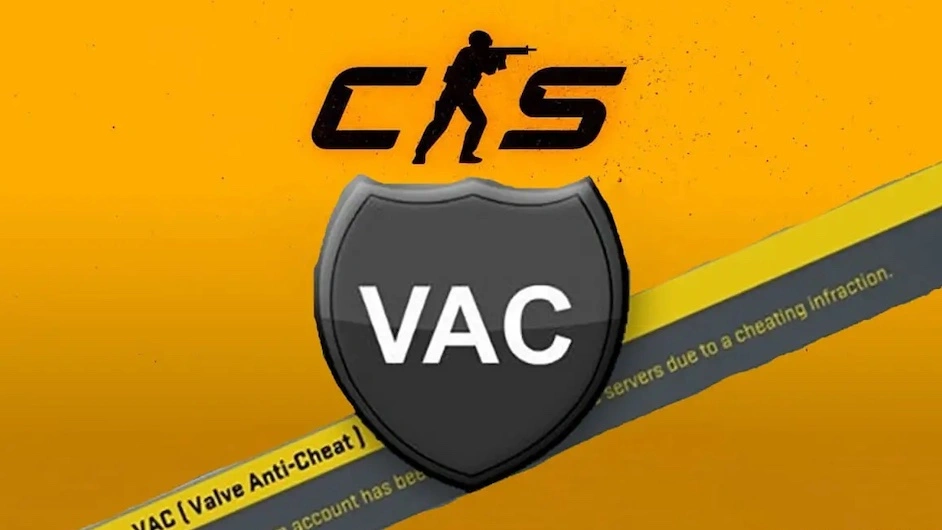
What are cheats?
To understand VAC, you need to know how cheats work. Here are the main types:
- Inject Cheats: These are cheap and common. These are programs that players download to modify the game’s code, such as being able to see through walls, speed up, or get fake skins.
- Internal and External Cheats: These are harder to detect. Instead of modifying the game, they read information from your computer, such as where other players are, and display it on the screen.
Why is it not so easy to stop cheats?
It may seem easy to stop cheats by scanning the player’s computer for malware. Faceit tries to do this with a system that thoroughly checks your computer, even before Windows starts. But cheaters still find ways around it. Some cheats don’t even work on the player’s computer, making them difficult to detect.
How does VAC work?
Valve has been dealing with cheaters for years, so it probably understands cheating well. If VAC tried to aggressively block every type of cheat, cheaters might turn to more sophisticated tools like DMA cards, which could make things worse — even on platforms like Faceit.
VAC can use a system called VAC Net, which works with something called Trust Factor. If a game thinks someone might be cheating but isn’t sure, Trust Factor lowers their score and matches them with other suspicious players. If they’re innocent, they’ll quickly return to normal gaming. But if they continue to behave like cheaters, they could be banned.
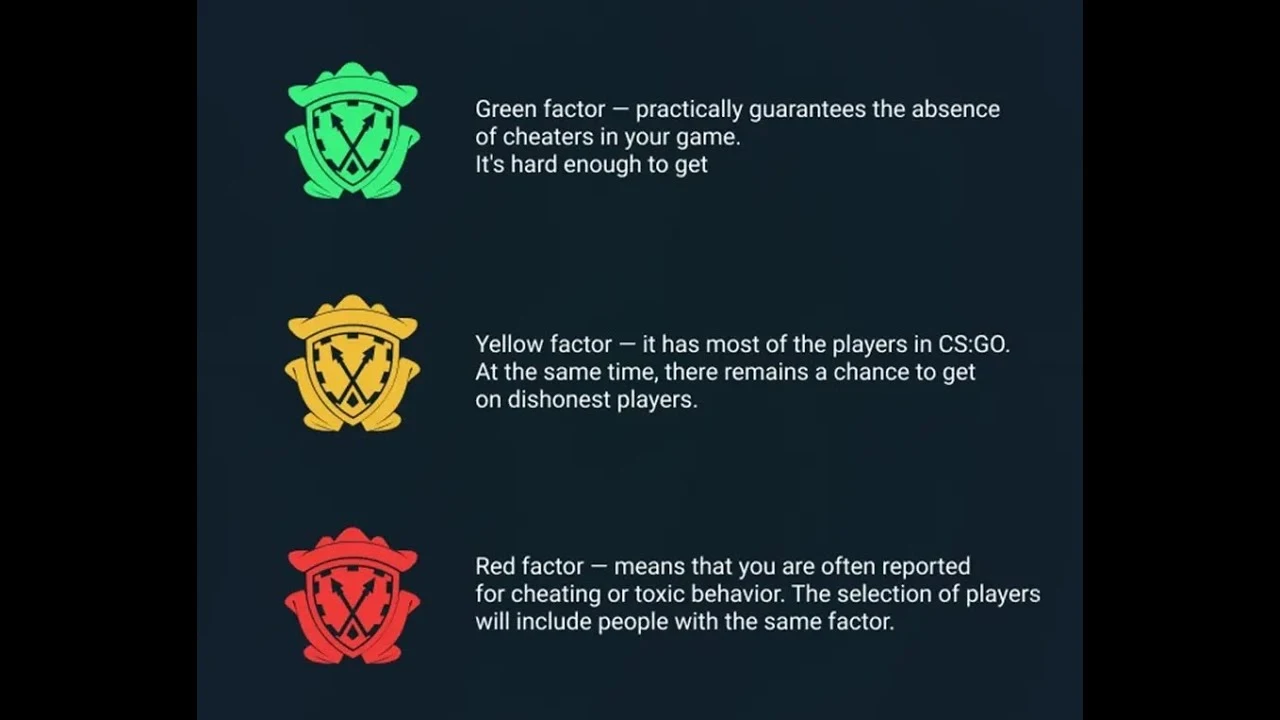
Why VAC Deserves Praise
Valve Anti-Cheat (VAC) often gets a bad rap, but it’s worth noting the impressive work it does behind the scenes. VAC is a sophisticated system that has been fighting cheaters in Valve games, including Counter-Strike 2, for years. Its strength lies in its ability to quietly evolve, catching cheaters without necessarily warning them. Unlike some anti-cheat systems that rely on hard scans or invasive methods, VAC finds a balance between protecting player privacy and effectively targeting malware.
VAC’s use of advanced tools like VAC Net, which analyzes game patterns to identify suspicious behavior, demonstrates Valve’s commitment to staying ahead of cheaters. Combined with Trust Factor, VAC cleverly triages players to maintain fair matches while minimizing disruption to honest gamers. The fact that Valve has kept VAC running for millions of players for so long is no small accomplishment, and a testament to their experience and commitment to making CS2 a fun and fair game.
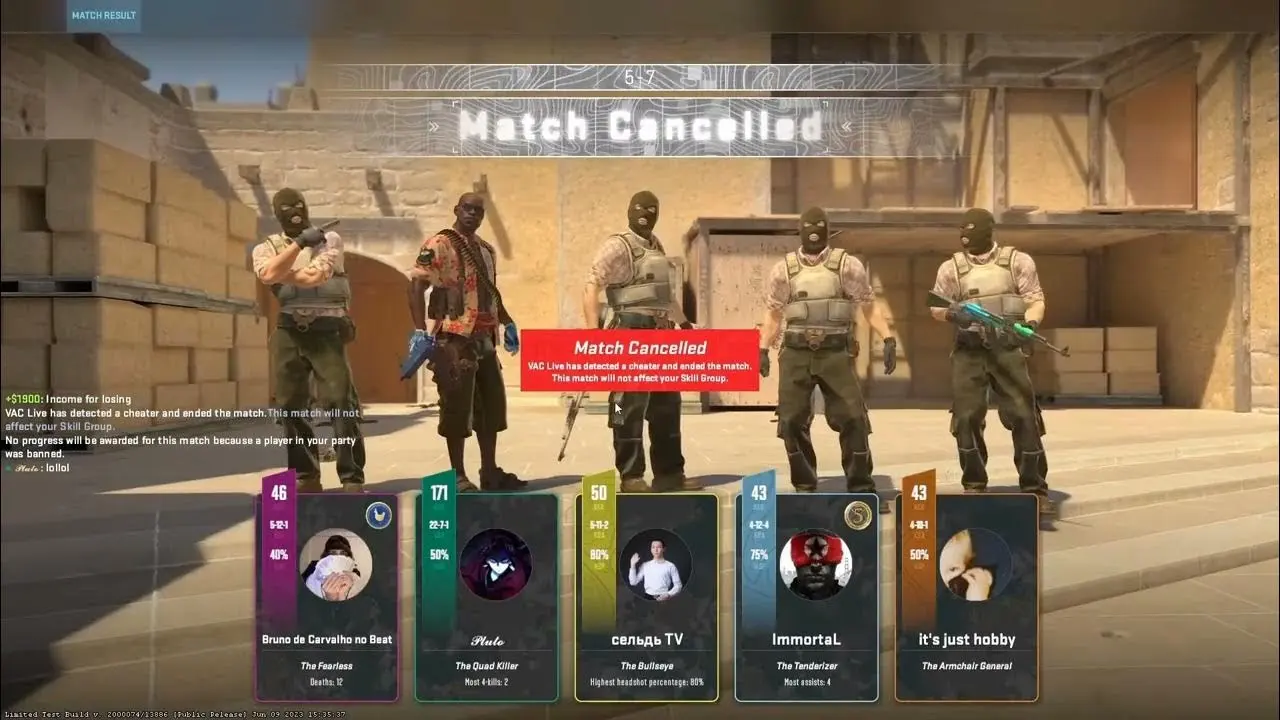
What’s next?
It’s hard to say exactly what Valve is doing, but they are probably improving VAC behind the scenes. We may see something better than Faceit or other anti-cheat systems by the end of the year. For now, stay patient and good luck in your CS2 matches!
